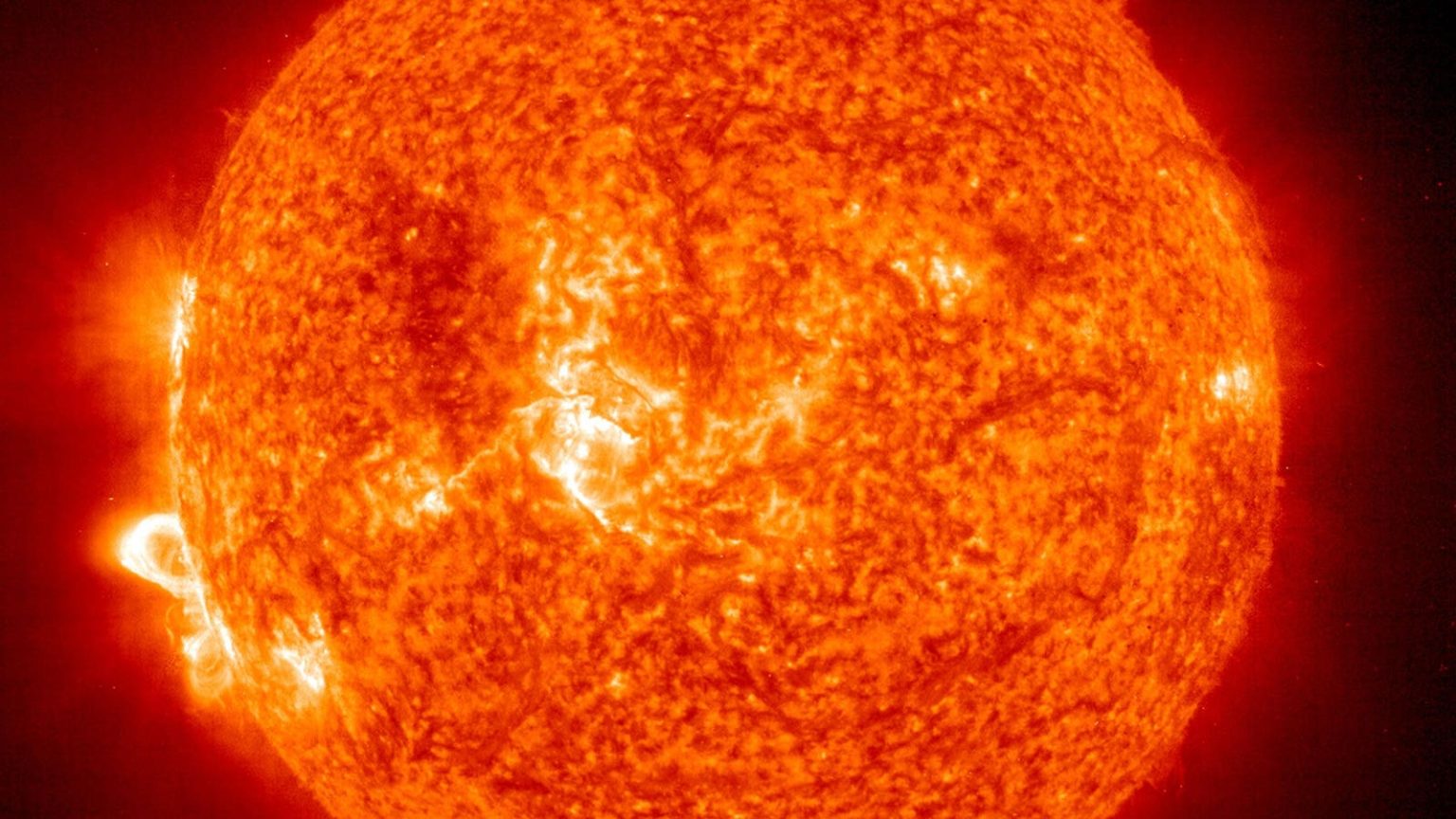The debate over global warming and the response to it has intensified in recent years, with some using statistics to argue for or against taking drastic measures. However, the use of statistical arguments in matters involving personal freedom is seen as problematic, as it implies that freedoms can be sacrificed based on public opinion or perceived crisis. This approach was evident during the coronavirus pandemic, with some justifying lockdowns based on statistics about vulnerable populations. However, this line of thinking is deemed dangerous and does not consider the broader implications on individual liberties.
Similarly, the debate around global warming often relies on statistical arguments that can be misleading and divisive. By focusing on tenths of a degree or specific data points, the true impact on individual freedoms and living standards is often overlooked. The author argues that the willingness to sacrifice personal freedoms or living standards in the name of combatting global warming is concerning and should be avoided. Instead, a broader perspective that considers the vastness of the natural world and the limitations of human influence is needed.
The sun, which could fit approximately a million Earths within it, serves as a stark reminder of the insignificance of human actions in relation to natural forces. The vastness and power of the sun make it clear that individual actions or policies are unlikely to significantly alter its impact on the Earth’s climate. In this context, the author contends that the use of statistics to support arguments about global warming is misguided and potentially dangerous, as it overlooks the broader implications and limits of human influence.
The author emphasizes the importance of personal freedom and individual liberty in the face of complex issues like global warming. While the debate over climate change rages on, the need to protect freedom and progress in society should not be ignored or sacrificed. Drawing on the wisdom of Dr. Seuss, who highlighted the vastness and power of the sun in his children’s book, the author suggests that simplistic statistical arguments are not sufficient to address the complexities of global warming and its potential impacts on society.
In conclusion, the author cautions against relying solely on statistical arguments in the debate over global warming, as they can be misleading and overlook the broader implications on individual freedoms and living standards. The vastness of the sun serves as a reminder of the limitations of human influence on natural forces and the need to approach complex issues with humility and respect for personal freedoms. Ultimately, the author advocates for a more nuanced and thoughtful approach to addressing global warming that prioritizes individual liberty and progress.


